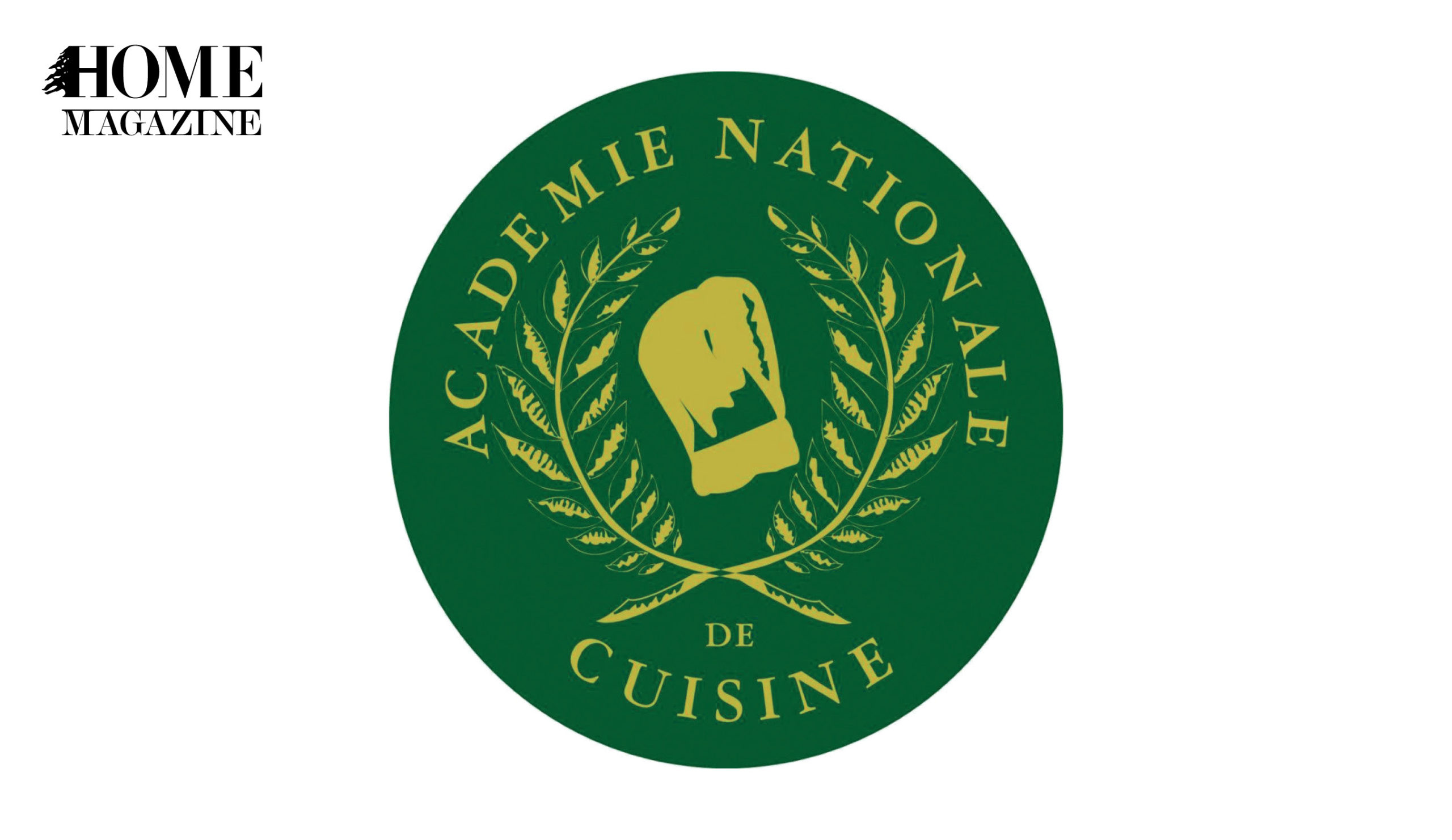Interviewed by Patricia Bitar Cherfan, Editor-in-Chief
Jean-Marc Mompach has enjoyed a flourishing career. HOME had the pleasure of meeting with him at Horeca — the yearly food, beverage, and hospitality convention that attracts some of the world’s most coveted chefs to showcase their virtuosity. Mompach talks about his love for teaching, loz akhdar, and Lebanon.
A medal noticeably hangs around Mompach’s neck as a testament to his illustrative career. “The coin represents my presidency at l’Academie Nationale de Cuisine (ANC),” says Mompach of his liaison with the leading culinary academy in France. He points at a golden star proudly adorning his chest. “This one is a symbol of my membership in l’Academie Culinaire de France,” he notes.
To top it off, the trailblazer holds the title of the Legion d’Honneur 2019, which is widely recognized as the highest decoration in France. The fourtime winner of the Meilleur Ouvrier de France — his self-described greatest achievement to date — also snagged the Bocuse d’Or at the biennale world chef championship.
“Not bad, eh?” he adds with a touch of unexpected humility — the type perhaps expected from a first-time cook or newcomer to the industry. Any kind of intimidation that Mompach’s stature might inspire is quickly blunted by his gentle disposition and kind nature.

Something that rivals Mompach’s joy for cooking is teaching the next generation of chefs. At this advanced stage of his career, the pedagogue can step back to observe the next wave of chefs and serve as a mentor to them. By passing on the tricks of the trade, Mompach’s legacy can live on. “We want it to be une academie vivante . If we don’t then it will die,” says Mompach. His hands-off teaching style allows his apprentices to develop resilience and a sense of autonomy as well as other useful skills for high pressure situations. After transmitting his knowledge, the chef retreats. “I teach them what I know and then disappear. I want them to take initiative,” says Mompach.
Mompach says that he really enjoys the atmosphere of a good competition which can push participants to transcend their limits. The chef comments on the tremendous change in the past five years in Lebanon.
“Lebanese emerging chefs used to sometimes copy other chefs during competitions,” he says. “Now, I see more originality and creativity coming from them.”
“For all that the French can teach us, they have also taken a tab from Lebanese know-how, such as les farcis aux fromage .”
Culinary schools for aspiring chefs do, in fact, exist in Lebanon. Most notably, The Cordon Bleu campus in Jounieh specializes in hospitality and culinary matters. Mompach’s face lights up when he talks about his love for teaching.
“We trained Moroccan chefs eight years ago,” Mompach says. “Now they’ve won the Bocuse d’Or five times.
If we trained in Lebanon, we could take them to that level,” predicts Mompach. His philosophy rests on the idea that learning is always a two-way street. In that sense, an exchange between the French and Lebanese must and does occur. For all that the French can teach us, they have also taken a tab from Lebanese know-how, such as les farcis aux fromage .”
“I want to come back to Lebanon. I didn’t really get the chance to be a tourist this time because I’ve been busy with the food festival. I heard so much about Lebanon before visiting. Next time, I would like to spend time and absorb the culture,” says Mompach.
While locals take everyday foodstuff for granted, foreigners enjoy the novelty of being in Lebanon, and take delight in discovering new things. Alongside numerous other discoveries, this trip introduced Mompach to something he had never eaten before: green almonds (colloquially known as loz akhdar).
The future of the Lebanese culinary industry and its standing in international scene depend on today’s chefs who are becoming increasingly committed to bringing creativity and passion to the kitchen.

































